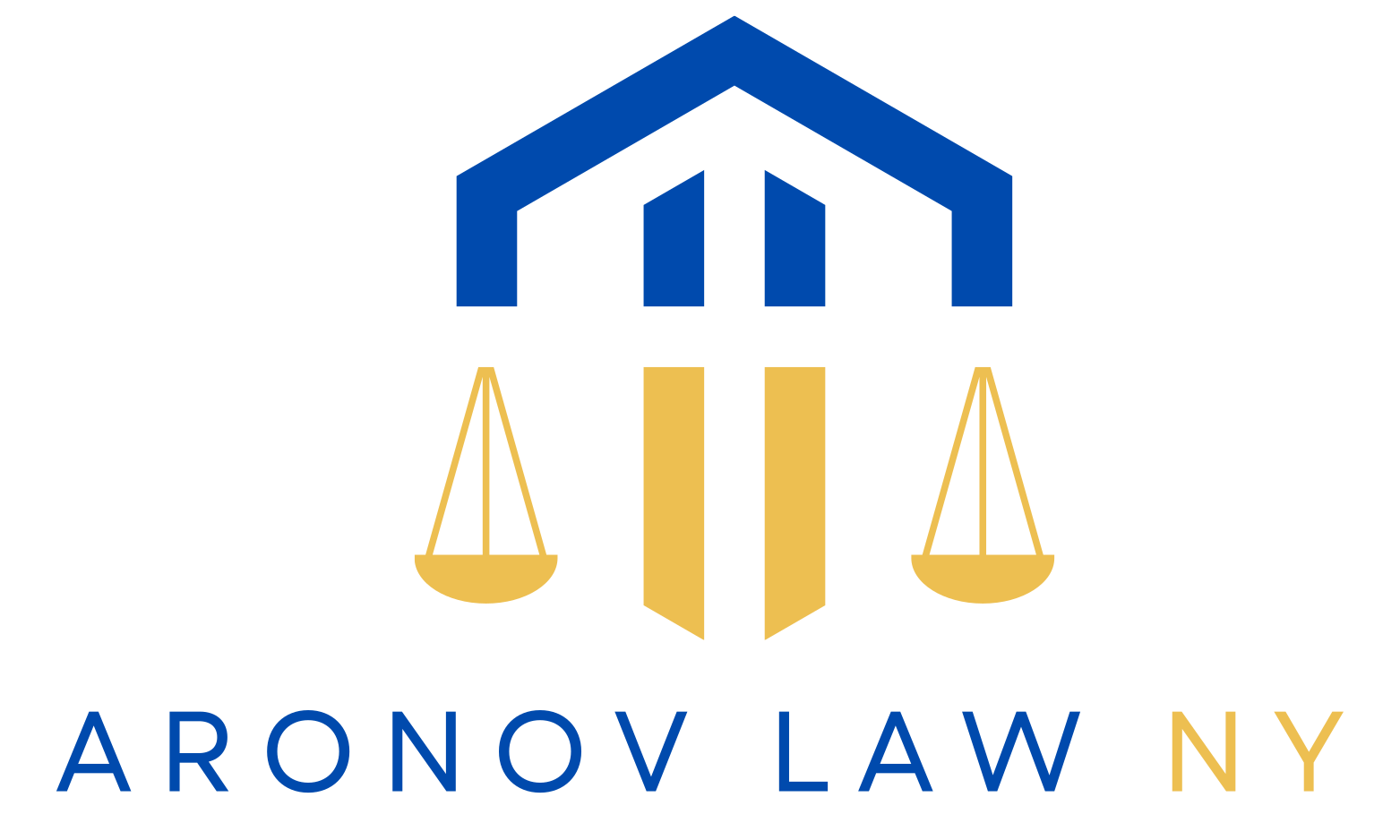The Weaponization Of Child Custody In High-Conflict Divorces: When Children Become Pawns
Child custody battles can feel like warzones, especially in high-conflict divorces. Many parents know this pain all too well; studies show that over 20 percent of divorcing parents report strong disagreements about their children.
During custody fights, some parents use legal tricks or play emotional games to get what they want. Kids often end up caught in the middle, feeling lost and confused. This blog will help you understand why these battles happen and how they affect families.
Stay with me—you deserve clarity and hope as you face these challenges.
What defines a high-conflict divorce?
A high-conflict divorce is filled with tension and drama. It often involves messy arguments, bitter fights, and strong emotions that can last for years.
What causes a divorce to become high-conflict?
Strong emotions and mistrust can make a divorce turn high-conflict fast. I often see anger, pain, or fear lead to blaming and constant arguments over small things. Some parents use legal tactics as weapons, dragging out child custody fights or making false claims to gain control.
Emotional abuse, parental manipulation, and threats become tools for power instead of working together.
Money troubles also fuel the fire. If one person feels cheated out of assets or time with their kids, every step becomes more bitter. Legal teams sometimes encourage tough stances just to win points in court.
Social media posts get twisted into evidence; text messages are saved up like ammunition. Even something meant for good—like family law mediation—can fall apart if both sides dig in their heels and refuse to listen at all…as Shakespeare said, “How sharper than a serpent’s tooth is having a thankless child”—but here it’s often two stubborn adults acting like children themselves!
How do high-conflict divorces affect children and parents emotionally?
High-conflict divorces hit both kids and parents hard. I see children caught in the middle of angry fights, legal battles, and emotional abuse. Some kids show signs of anxiety or depression.
Others start having trouble at school or withdraw from friends. Parental manipulation can make a child feel guilty just for loving the other parent.
I often notice parents struggle too. Sleepless nights become common, with stress levels going through the roof during custody disputes. Moms and dads may turn to unhealthy coping habits or lash out at each other in front of their children.
The sad part? Studies show that high-conflict divorce can lead to long-term damage for everyone involved, sometimes lasting years after the court case ends. Charles Fabel’s 2022 research found higher rates of PTSD symptoms among parents stuck in these cases compared to those who settled peacefully—now that’s a stat that sticks with me!
How child custody is weaponized in divorces
In some high-conflict divorces, parents use child custody as a weapon. They may say hurtful things to make the other parent look bad or create false claims just to get an upper hand in the fight.
How are children used to hurt the other parent in custody battles?
One parent might turn the child against the other. I have seen parents use stories or lies to make their child scared or angry with the other parent. This is called parental alienation, and it can cause real harm.
Sometimes a parent blocks visits, hides messages, or breaks normal routines just to upset the other side.
False claims of abuse also come up often in high-conflict divorce cases. I hear about these tactics dragging out court battles for months, sometimes years. These legal strategies put children in the middle of adult fights—like pawns on a chessboard—making kids feel lost and confused while both sides fight for control.
What impact do false allegations have on custody decisions?
False allegations can twist custody decisions. They create a storm of doubt and fear. Accusations often lead to strict investigations, which take time and energy. Courts try to find the truth, but this process can harm both parents and children.
I have seen how these claims might sway judges’ views even if they lack proof. Parents may lose precious time with their kids based on lies. This stress affects everyone involved, especially the children who sense the tension around them.
False allegations change lives in ways that are hard to mend, leaving scars on family relationships that last for years.
What are the effects of custody disputes on children?
Custody disputes hit kids hard. They often feel sad, scared, or confused about what’s happening. Parents may not see how much stress their fight adds to their children’s lives. The bond between parent and child can suffer too—kids may pull away from one parent or feel torn between them…
It’s tough for little hearts to handle all this pain.
What emotional and psychological consequences do children face?
Children in high-conflict divorces face many emotional and psychological issues. They often feel sad, scared, or confused. The fighting between parents can make them anxious, too. I’ve seen kids struggle with feelings of guilt or shame as they try to please both parents.
Trust becomes a problem for these children. Many start to doubt themselves and their relationships. Stress from custody battles can lead to problems at school and affect their friendships.
Long-term effects may include depression or low self-esteem, making it hard for them to move on later in life.
How are parent-child relationships damaged during custody conflicts?
Custody conflicts can hurt parent-child bonds. Sometimes, one parent tries to use the child as a tool against the other. This creates tension and makes kids feel torn between their parents.
They might feel like they have to choose sides, which is really unfair.
Also, when emotions run high, communication breaks down. Parents may argue or speak negatively about each other in front of the child. That kind of behavior pushes kids away and damages trust with both parents.
Strong relationships matter for a child’s happiness; understanding this helps us address those issues better now.
Next up, let’s talk about how custody disputes affect children directly!
How do family courts protect children’s best interests?
Family courts work hard to keep kids safe and happy. They look at each case carefully to make sure the child’s needs come first.
How do courts prioritize the child’s well-being in custody cases?
Courts focus on what is best for the child in custody cases. They look at many factors to decide where a child should live and who can see them. Judges often seek input from professionals like therapists or social workers.
These experts give insights into the child’s needs.
The law emphasizes that children’s welfare is top priority. Courts aim to minimize stress during these tough times, avoiding any actions that could harm the child emotionally or physically.
If there are signs of parental alienation or coercive control, courts step in quickly. Protecting children from harmful situations matters most in family law decisions.
How do courts address parental alienation and coercive control?
Parental alienation and coercive control are serious issues in custody cases. Courts take these claims seriously. They look for signs of manipulation, like one parent trying to turn the child against the other parent.
Judges want to see healthy relationships between kids and both parents.
Family courts often request evaluations from experts. These professionals assess family dynamics and recommend actions for the child’s best interests. Courts may order therapy or counseling to help mend damaged relationships.
A focus on child welfare guides their decisions, ensuring that children are not used as pawns in high-conflict situations.
Conclusion
Child custody battles can turn ugly. I’ve seen kids caught in the middle, used as tools to hurt a parent. It’s heartbreaking. Courts aim to protect children, but it’s tough when parents play dirty.
We must raise awareness about this issue and work toward better ways to resolve conflicts. Children deserve love and safety, not manipulation or pain.
Divorce Lawyer Queens Aronov Family Law NY, P.C.
98-14 Queens Blvd, Queens, NY 11374, United States
P4HR+5V Queens, New York, USA
Get directions to this featured business now by using the Map Link below.


Free Legal Consultation
98-14 Queens Blvd
